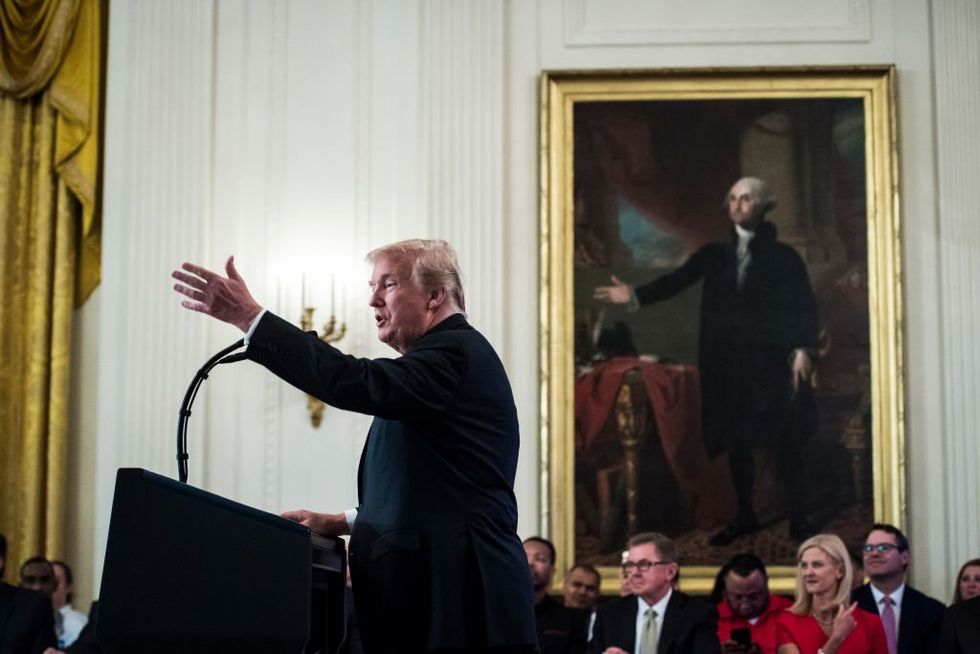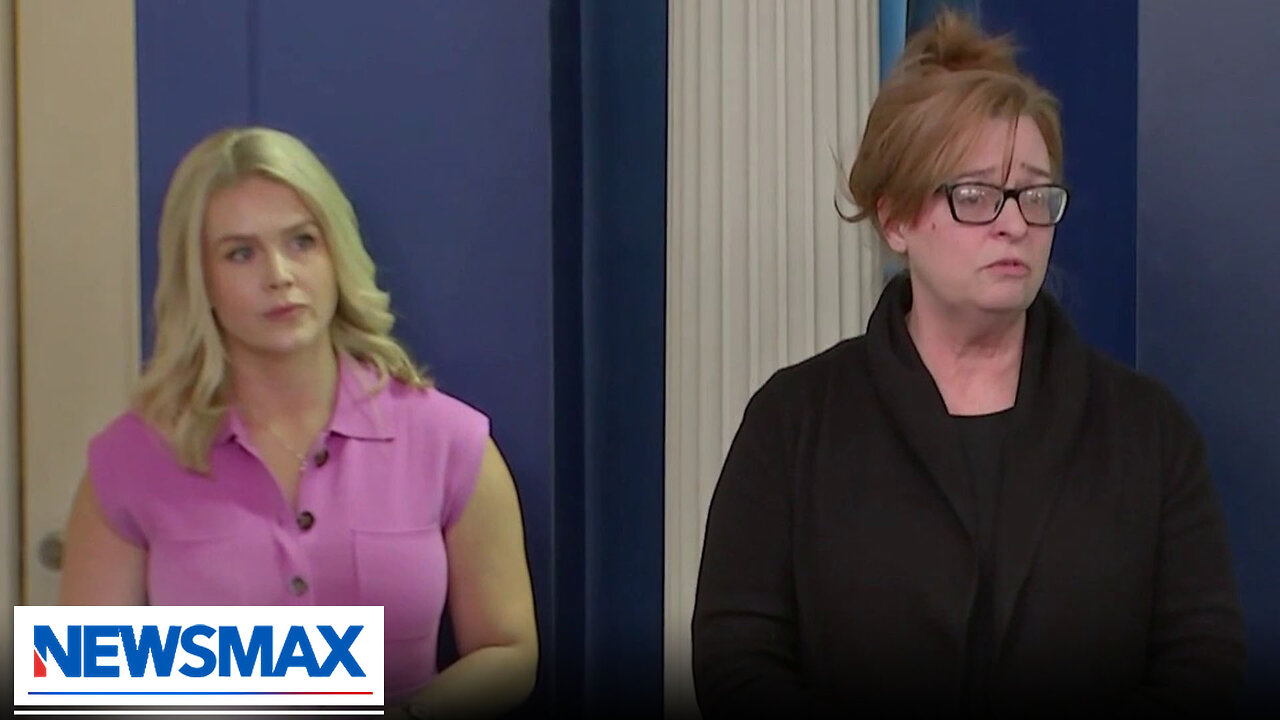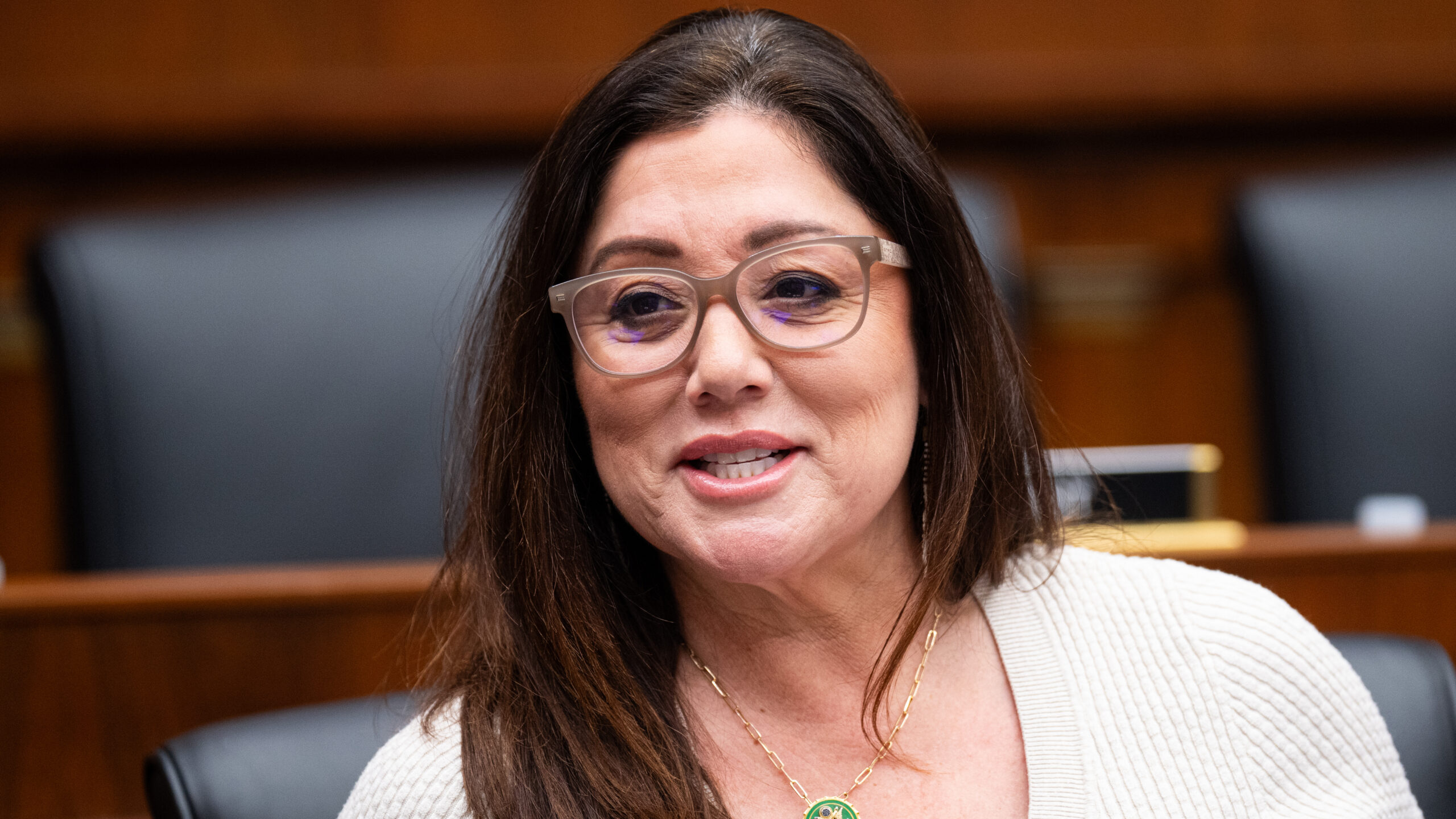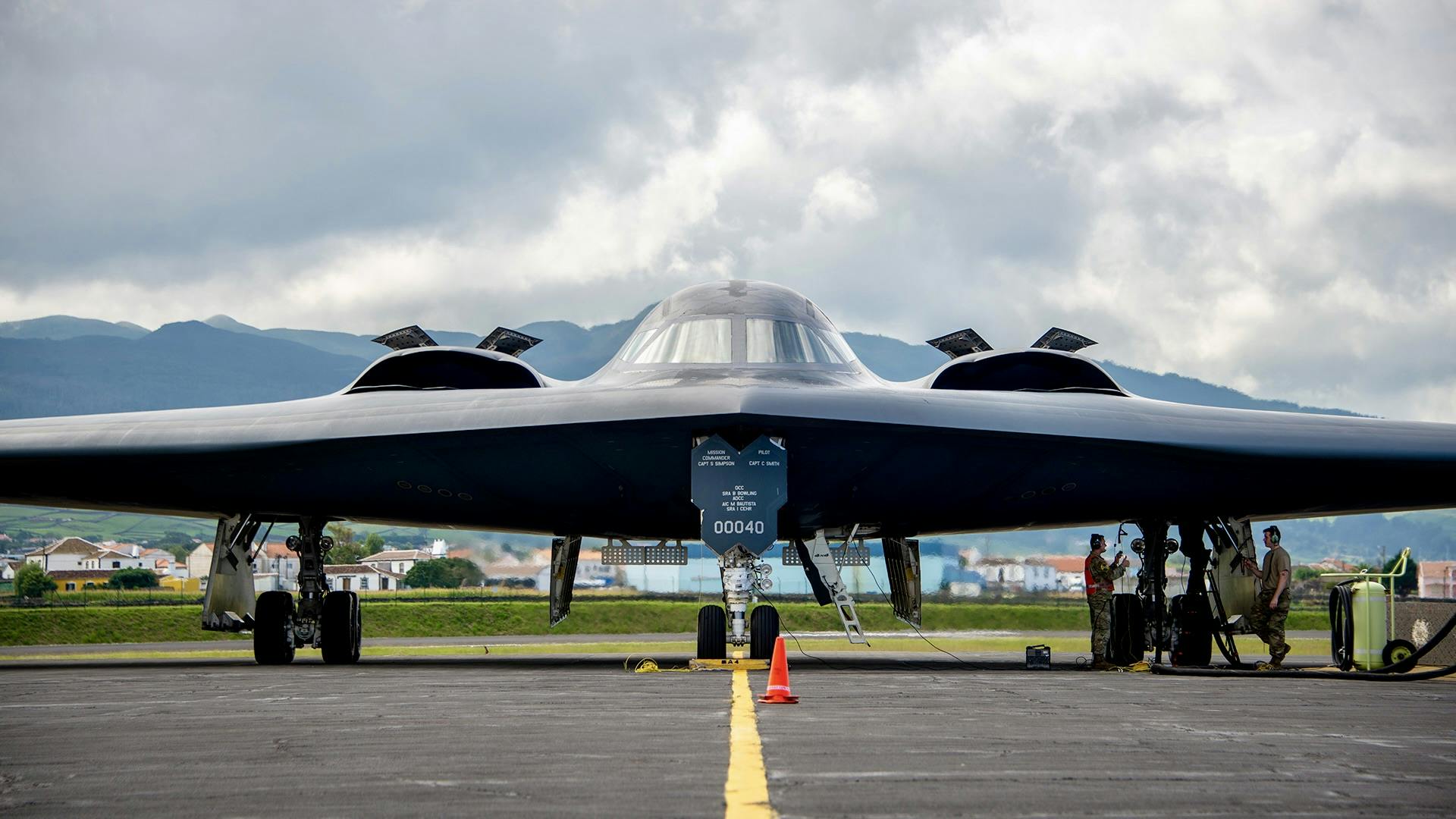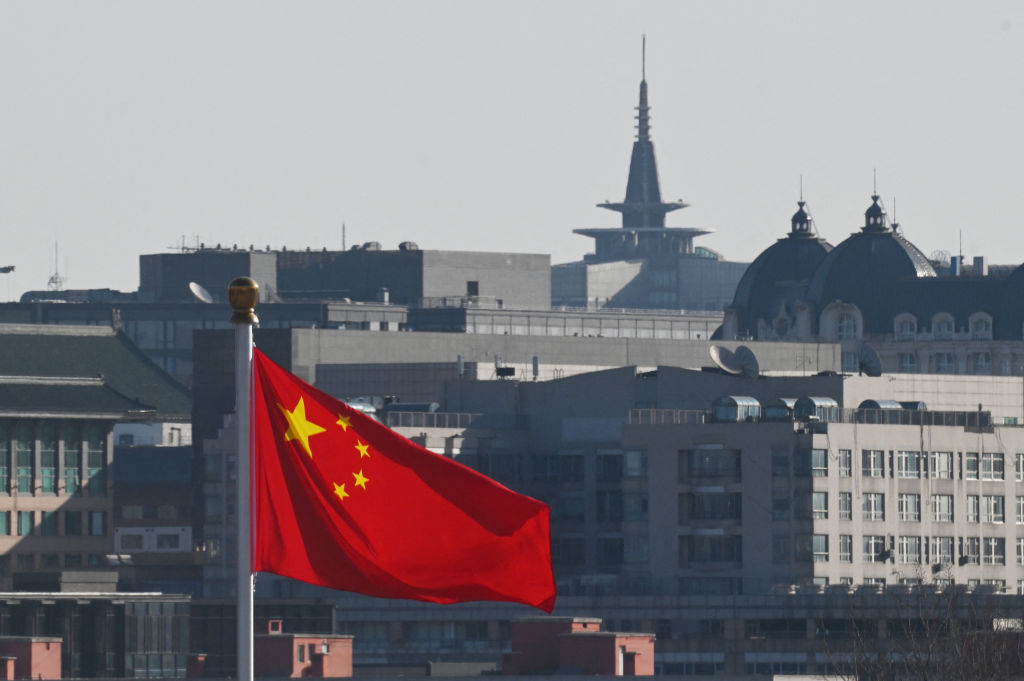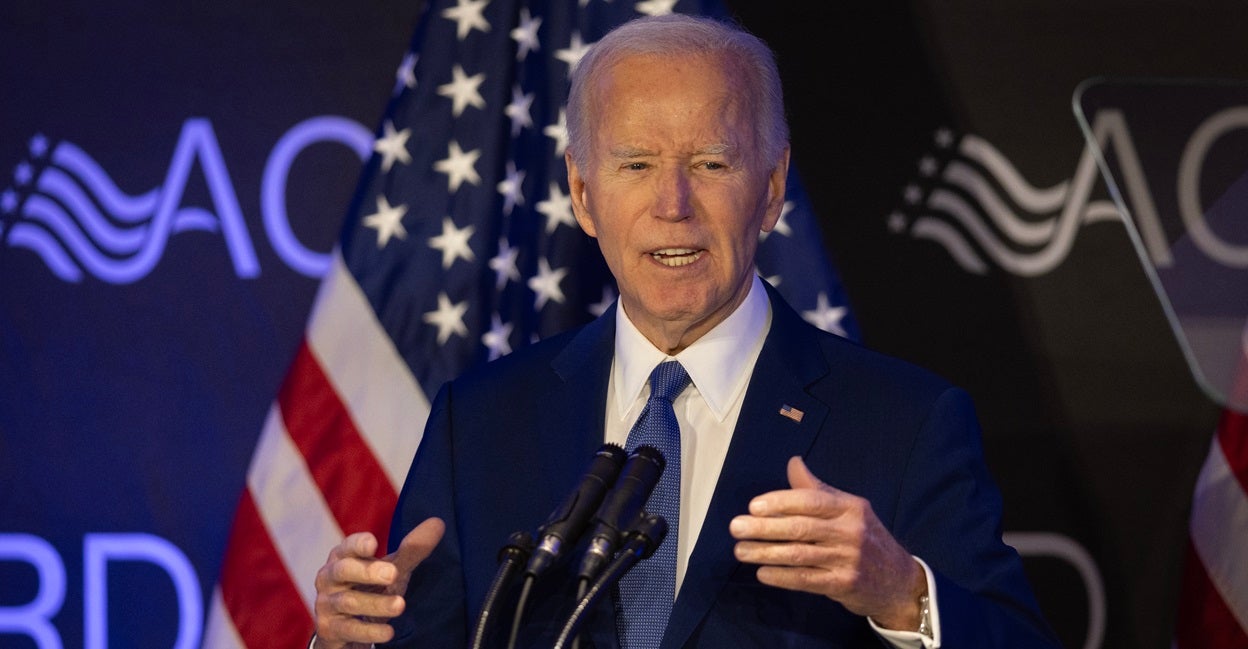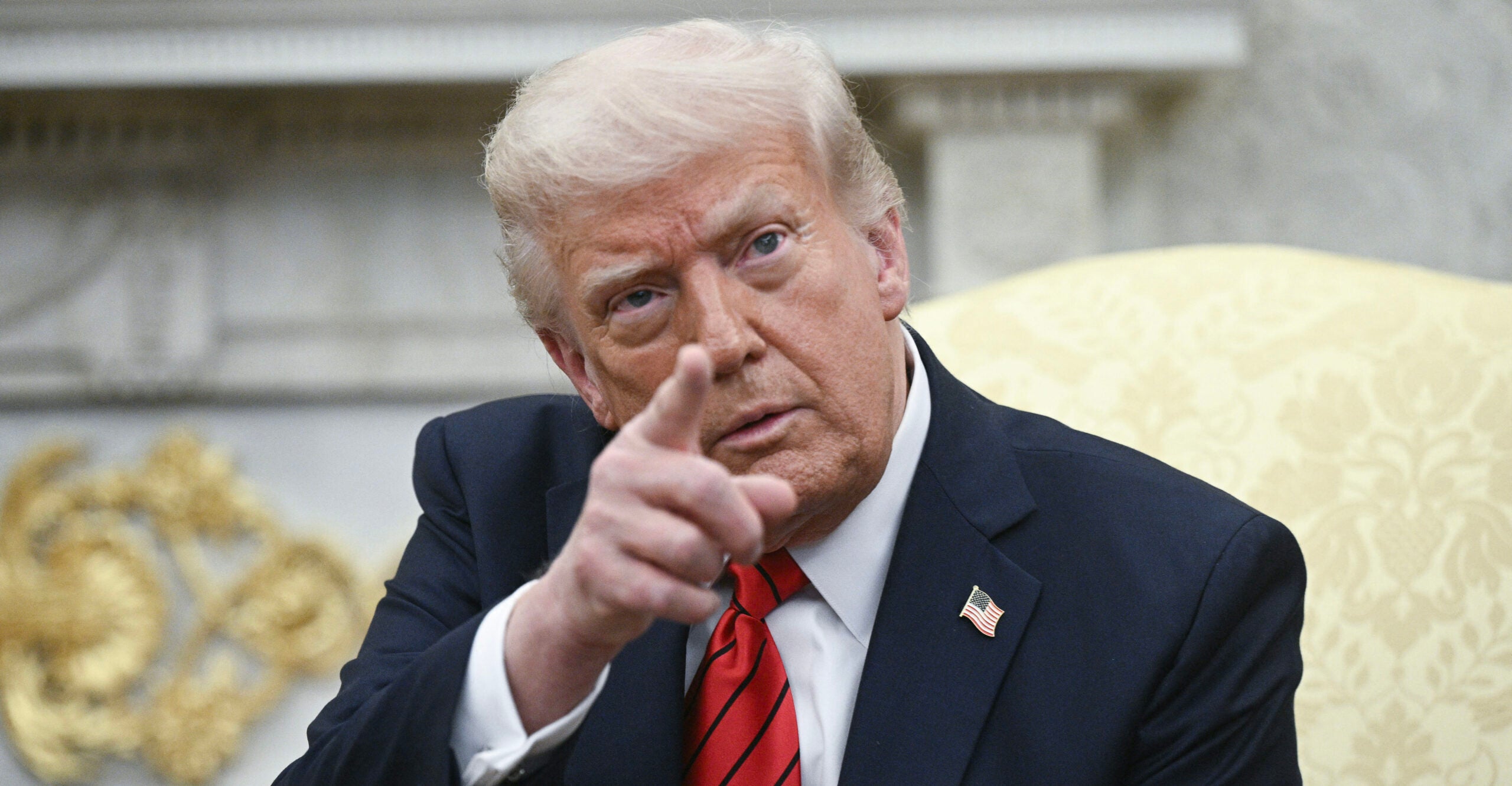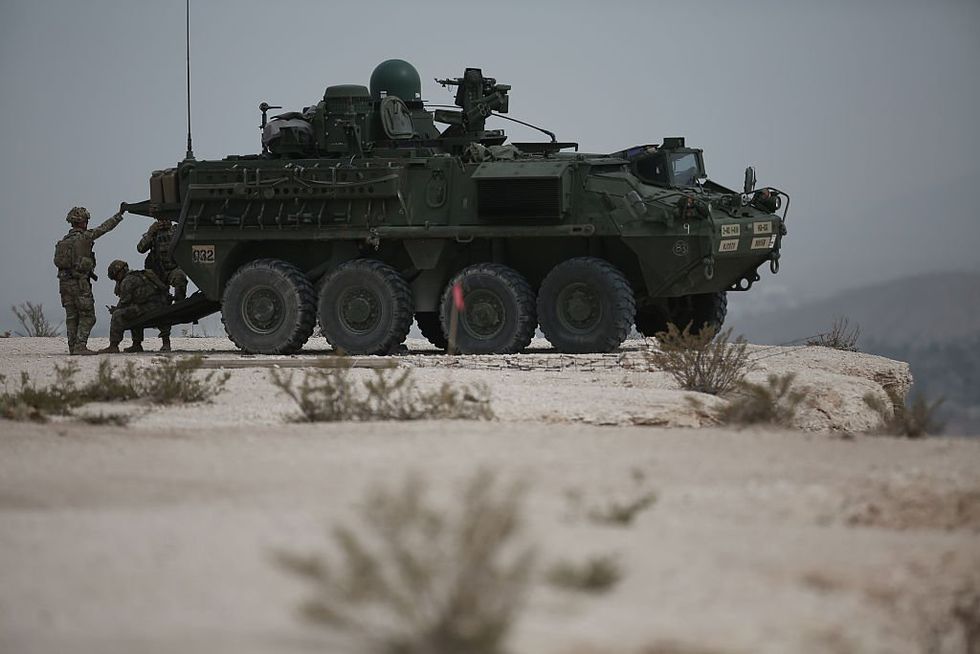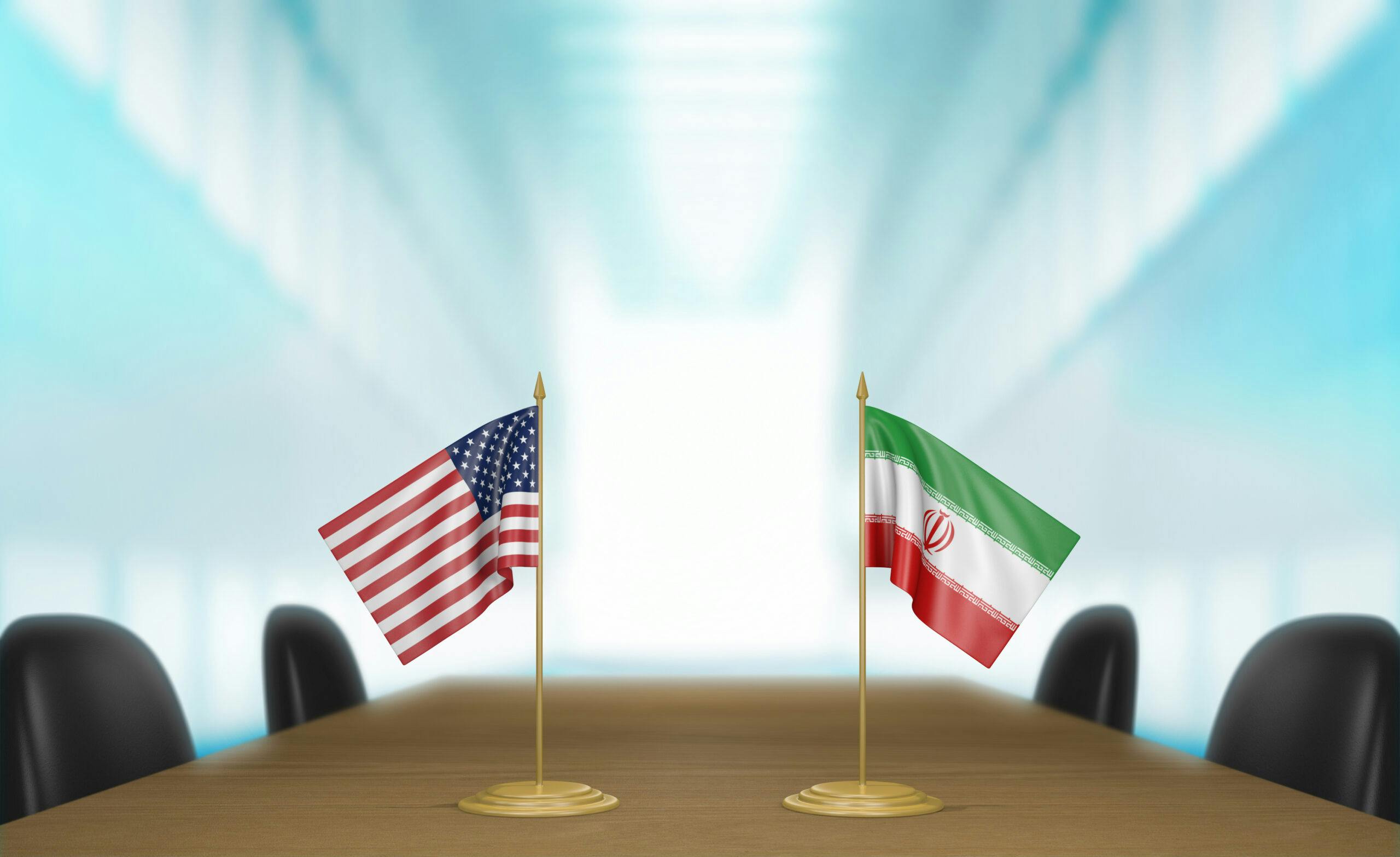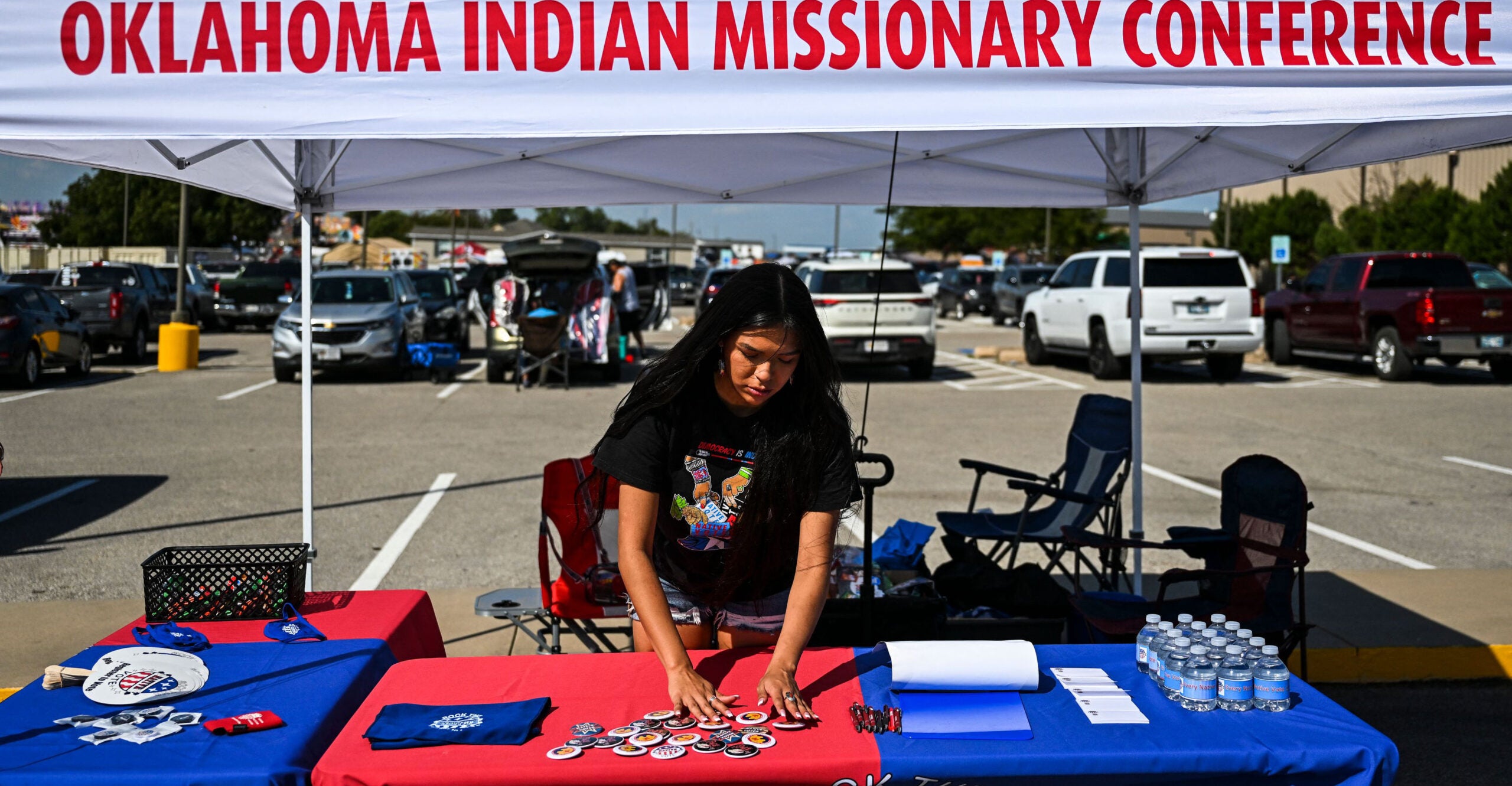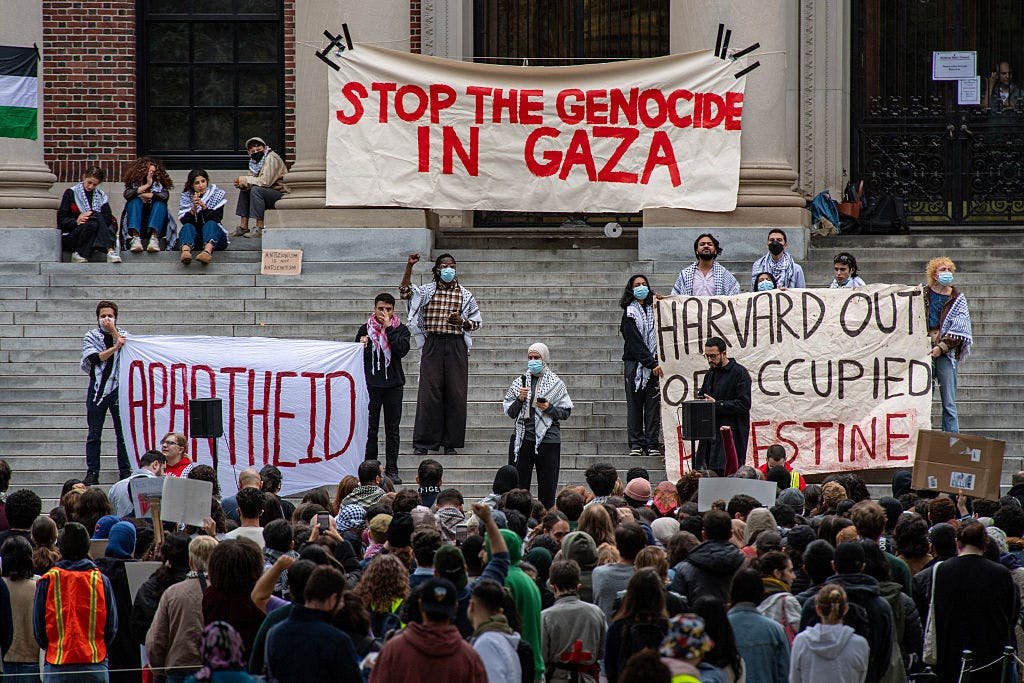Syrian opposition forces capture key cities of Assad regime



After a surprising insurgent offensive by rebels last week, Syria’s northern city of Aleppo was captured. The offensive marked the first attack on the city by opposition forces since 2016.
Having overtaken the central city of Hama Dec. 5, rebel forces are approximately 115 miles from Damascus, which is a serious concern to President Bashar al-Assad. Reversing an earlier claim denying that rebels had entered the city, the Syrian army says it is redeploying its forces “to preserve civilian lives and prevent urban combat.” Assad may soon be forced to confront a serious threat to Syria’s capitol of Damascus.
WorldNetDaily spoke to Ryan Mauro, a national security analyst at the Capital Research Center who has focused on Syria and the Middle East for over 20 years. Describing the Middle Eastern country as “a mosh pit of jihadi groups,” he says distinguishing between the ruling regime and the rebels is a near-impossibility.
“There are so many different factions on each side that are fighting an external enemy, while at the same time, they are fighting with each other,” he explained.
For this reason, Mauro considers it hard to speak in generalizations, but does say flatly that “the rebels that are taking territory in Syria are jihadists.” At the same time, he pointed out that the Assad regime is essentially part of an Islamist Iranian regime. Considering this, he said, “you’re basically trading one jihadi for the next.”
From the perspective of the West and Israel, Mauro questions whether it is better to have “a stable and arguably less fanatical enemy” to the north – that is, if Assad were to prevail and reclaim land – or rebels and other terrorist organizations who will be consumed with fighting each other.
“There are pluses and minuses to each scenario,” he concedes.
“If Assad wins, it would be like having Iran on your border. But if the rebels win, it would be like having Somalia on your border,” he offered. With that in mind, Mauro speculates that it may actually be better for Assad to fall.
Interestingly, he speculated as to how the powers-that-be in the region could have prepared.
For stability in the region, Mauro said, “What should have been happening for a very, very long time is [their] backing the Kurdish elements to the hilt, while also backing the more secular oriented Syrian rebel elements that have been somewhat allied with the Kurds,” he said. Most importantly, the process would have involved working with as many secular, democratic political forces as possible, avoiding those that are theocratic or genocidal.
The battle for control of Syria is a situation the United States has largely avoided, Mauro pointed out. “At critical junctures, the U.S. has chosen [to support] Turkey at the expense of the Syrian Democratic Forces – the Kurds, Arabs and Christian coalition – that has been our most important partner on the ground and is the only non-Islamist option in Syria right now.”
What's Your Reaction?
 Like
0
Like
0
 Dislike
0
Dislike
0
 Love
0
Love
0
 Funny
0
Funny
0
 Angry
0
Angry
0
 Sad
0
Sad
0
 Wow
0
Wow
0
